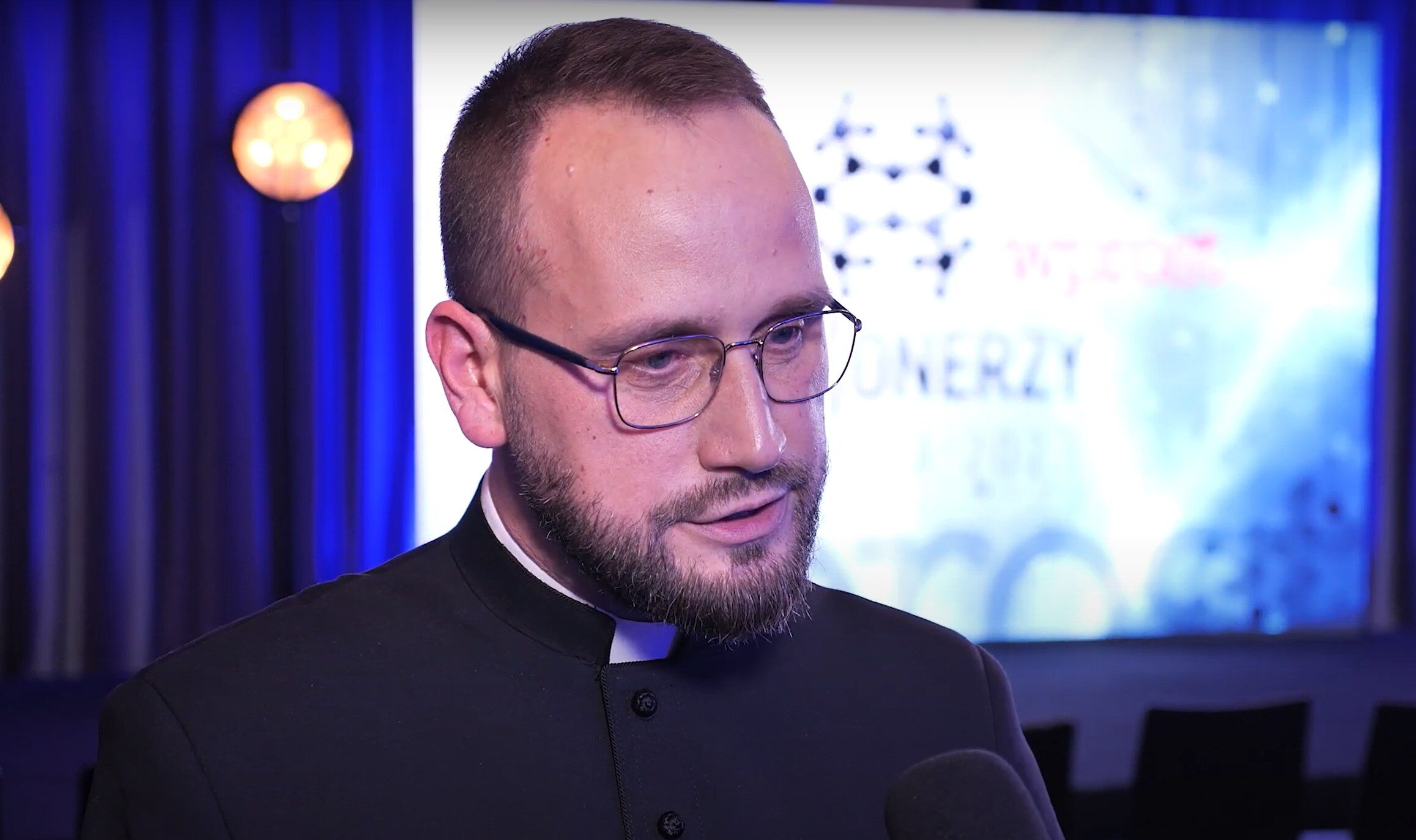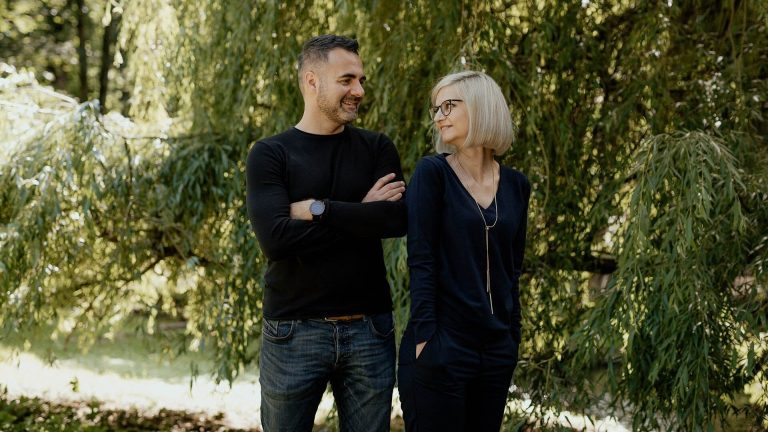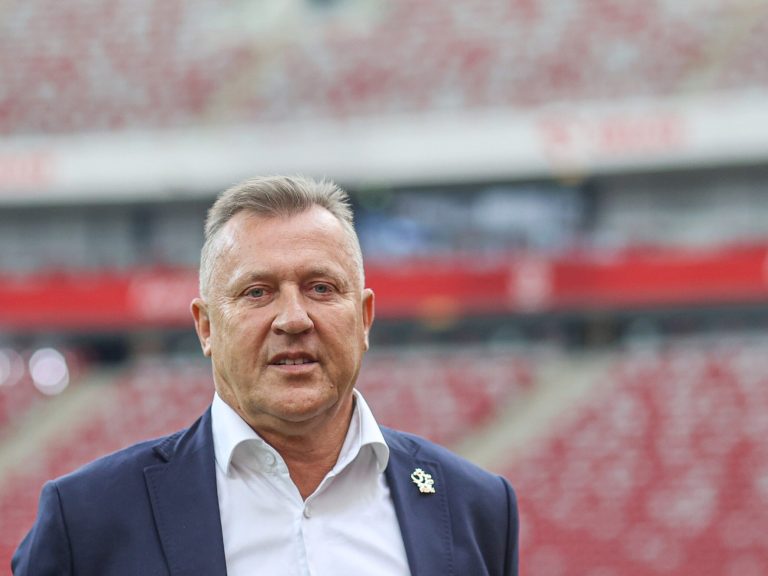“I want to be a priest for life.” What do the “cursed” have in common with people in suicide crisis?

On the one hand, the chaplain of the Museum of the Cursed Soldiers and Political Prisoners of the Polish People’s Republic; on the other, an expert from the Office for the Prevention of Suicidal Behavior. What connects people who gave their lives in torture chambers of the Polish People’s Republic with people who today see no meaning in life – says Fr. Tomasz Trzaska, recently awarded the Visionary Humanist in Medicine award by Wprost.
How did it happen that the priest became interested in the issue of suicide?
Fr. Tomasz Marek Trzaska: The easiest thing for a priest to say is that God somehow arranged it all; after all, it leads through human paths. I was once asked to give a lecture on the role of clergy in the process of helping people in suicide crisis. I had no knowledge about it then, but I saw that this was a space where we, clergy, were not present, but we could help. Then everything happened like an avalanche. I see that there is a need to provide help, although working with people in crisis, with families of people mourning suicide, is really difficult.
The priest combines two activities: remembering those we were supposed to forget and acting on behalf of those who want to take their own lives. Do these two groups have anything in common?
Their lives connect them. Some gave their lives for our independence, they paid the highest price not only when they were murdered, but also when they wanted to hide their bodies so that no one would remember them; that they would not only lose their lives, but also their lives in the memory of Poles.
The second group are people standing on the edge of life, who have no strength to live, and see death not as a goal or a dream – because it is not – but as an end to the pain that consumes them from the inside. Those who fought for independence and those who fight for their lives are united by the desire to live.
I would like to be a priest of life; from the lives of those whose lives were taken away and whose memory was wanted; and also be a priest from the lives of those who no longer see meaning in life or suffer from the loss of the lives of loved ones. It would seem that these are very distant areas, but on the other hand – yet close.
What is the reason that so many people, especially young people, do not know what to live for; I do not want to live. Can they be helped by the memory of people who tried to live despite what happened to them?
There are many causes of suicide crises, but I have the impression that young people today often lose the meaning of life, a horizon, a goal, a beacon, a light that guides them, a system of values, a certain compass that said: “You have to live because of family; you have to live because of faith, because of eternal life, education, development, because – as John Paul II also said – you simply have to “be” more.
Our murdered soldiers, killed and tortured on Rakowiecka Street and in other communist torture chambers in Poland, had their own sacred cause, they had a purpose. For this purpose they often sacrificed their family life, health and life. They had this “compass”.
I have the impression that among many reasons – because it is impossible to diagnose the etiology of suicidal behavior among young people in one sentence – young people today are very troubled by confusion in the area of the value system. You need to have some foundation, a base: family, faith, education, peer group. Today it is all disturbed.
The cause of crises in human life is also the failure to listen – today we communicate little. Today, we talk to each other more often, or rather we send information and we are recipients of short, content, we sit down with each other, we start talking to each other, listening, looking for comfort.






